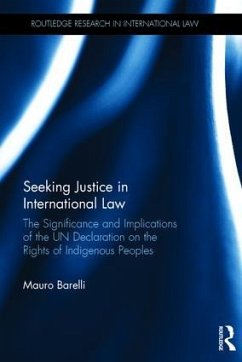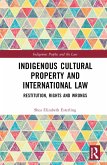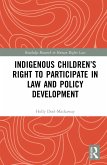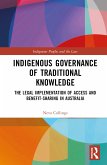Today human rights represent a primary concern of the international legal system. The international community's commitment to the protection and promotion of human rights, however, does not always produce the results hoped for by the advocates of a more justice-oriented system of international law. Indeed international law is often criticised for, inter alia, its enduring imperial character, incapacity to minimize inequalities and failure to take human suffering seriously. Against this background, the central question that this book aims to answer is whether the adoption of the 2007 United Nations Declaration on the Rights of Indigenous Peoples points to the existence of an international law that promises to provide valid responses to the demands for justice of disempowered and vulnerable groups.








